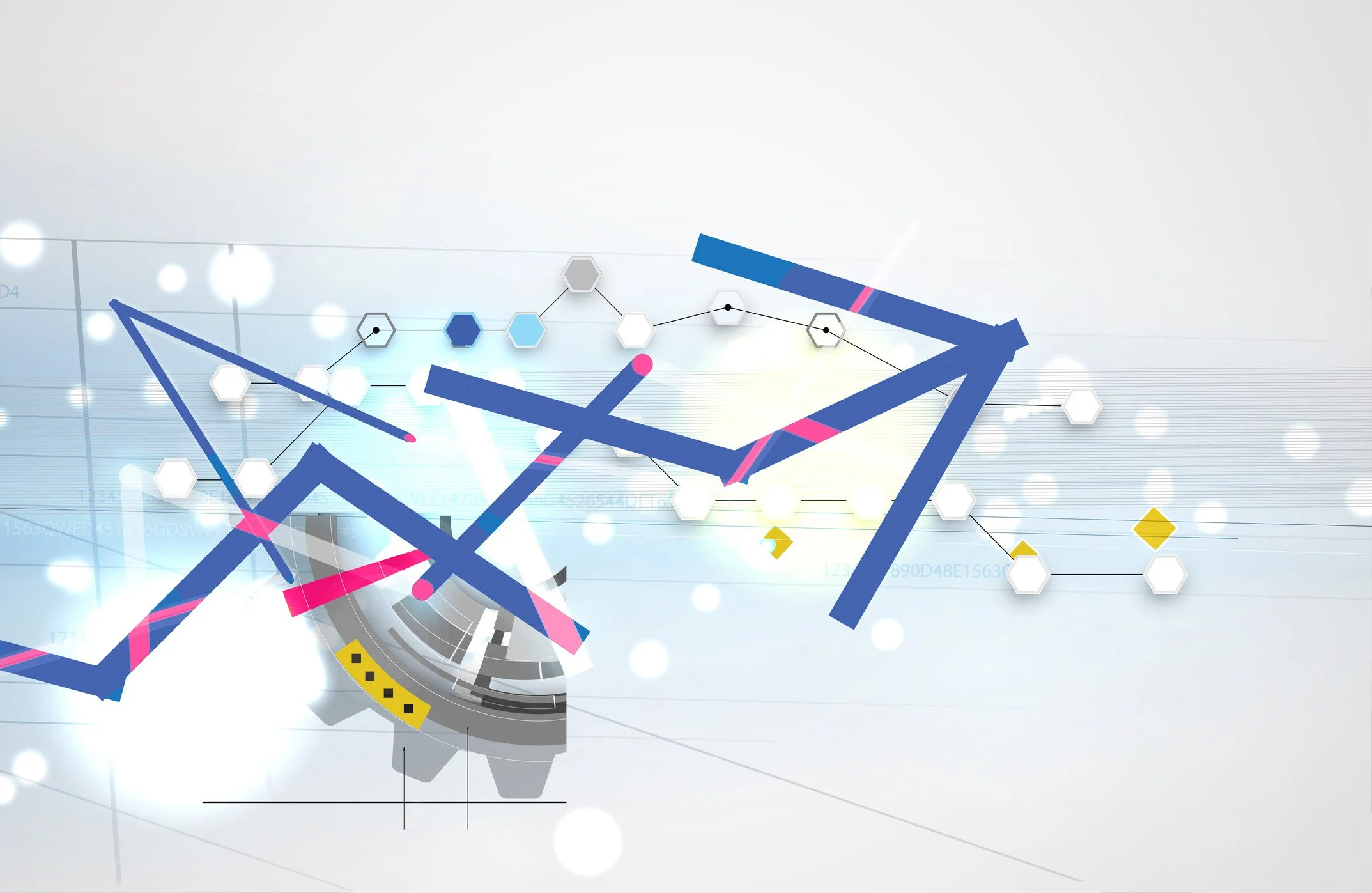The Future of AI: Advancements and Implications
Artificial Intelligence (AI) has seen remarkable progress in recent years, moving from the domain of speculative fiction to real-world applications. Today, we find AI integrated into diverse domains, from self-driving cars to virtual assistants such as Siri and Alexa. As AI's footprint grows, so do the ethical and societal questions surrounding its implementation. This article aims to provide an in-depth exploration of AI's potential trajectory and its implications for society.
Advancements in AI
Machine Learning and Deep Learning Machine learning and deep learning, subsets of AI, have revolutionized computational capacities. By training on vast datasets, these algorithms can predict outcomes and adapt to new information, a stark contrast to traditional rule-based programming.
For instance:
In healthcare, machine learning can forecast patient prognoses and customize medical treatments(1).
Finance uses machine learning for credit assessments, high-frequency trading, and fraud detection(2).
Marketing sectors apply it for targeted advertising, recommendation engines, and sentiment analysis(3).
Deep learning, especially using neural networks, has furthered image and speech recognition capacities, paving the way for technological wonders like autonomous vehicles and sophisticated voice interfaces(4).
Natural Language Processing (NLP)
NLP, a cornerstone of AI, bridges the communication gap between humans and computers. Innovations in NLP have given birth to chatbots that answer customer inquiries and offer therapeutic interventions(5).
Computer Vision
Computer vision strives to replicate human visual processing. Applications like facial recognition have seen widespread adoption, albeit with contentious opinions about their ethical implications(6). Continued advancements could revolutionize medical imaging, AR, and more.
Robotics and Automation
AI-driven robots today can conduct intricate surgeries, manage logistics in warehouses, or even serve as companions for the elderly(7). As AI matures, we can anticipate even more nuanced robotic applications.
Implications of AI
Job Displacement
A prevalent concern is AI-driven job obsolescence. Though AI may create novel professions, the net impact on employment remains a topic of debate(8). Strategic investment in education and re-skilling can mitigate such adversities.
Privacy and Security
Data is AI's lifeblood. With increasing amounts of personal data processed by AI systems, concerns about privacy breaches have risen. Comprehensive data handling regulations, like the European Union's GDPR, have been implemented to address these concerns(9).
Bias and Fairness
Inaccuracies in AI decision-making, especially if driven by biased data, can have grave societal repercussions. Recent instances of racial and gender bias in AI models underscore the need for more inclusive data and model transparency(10).
Ethical Decision-Making
As AI gets entrusted with more decision-making tasks, ensuring their ethicality becomes paramount. A balance between AI efficiency and ethical considerations is essential to prevent unjust or biased outcomes(11).
Conclusion
The AI horizon gleams with promise, but a cautious approach is essential. Addressing AI's societal implications is not just the responsibility of technologists but also policymakers, ethicists, and society at large. As AI's journey unfolds, a collective effort is vital to harness its benefits while safeguarding human values and rights.
References
Obermeyer, Z., & Emanuel, E. J. (2016). Predicting the Future — Big Data, Machine Learning, and Clinical Medicine. The New England Journal of Medicine.
Philip Chen, C. L., & Zhang, C. Y. (2014). Data-intensive applications, challenges, techniques, and technologies: A survey on Big Data. Information Sciences.
Nguyen, T. H., Shirai, K., & Velcin, J. (2015). Sentiment analysis on social media for stock movement prediction. Expert Systems with Applications.
LeCun, Y., Bengio, Y., & Hinton, G. (2015). Deep learning. Nature.
Miner, A. S., Milstein, A., Schueller, S., Hegde, R., Mangurian, C., & Linos, E. (2016). Smartphone-Based Conversational Agents and Responses to Questions About Mental Health, Interpersonal Violence, and Physical Health. JAMA Internal Medicine.
Harvey, A. (2017). Exposing the Invisible: The politics of computer vision. Camera Obscura.
Siciliano, B., & Khatib, O. (Eds.). (2016). Springer Handbook of Robotics. Springer.
Arntz, M., Gregory, T., & Zierahn, U. (2016). The Risk of Automation for Jobs in OECD Countries: A Comparative Analysis. OECD Social, Employment and Migration Working Papers.
Voigt, P., & Von dem Bussche, A. (2017). The EU General Data Protection Regulation (GDPR). A Practical Guide.
Buolamwini, J., & Gebru, T. (2018). Gender Shades: Intersectional Accuracy Disparities in Commercial Gender Classification. Proceedings of Machine Learning Research.
Selbst, A. D., & Barocas, S. (2018). The Intuitive Appeal of Explainable Machines. Fordham Law Review.
Eager to Build Authentic Bonds?
Boost Your Presence with Convergence Mktg Establishing genuine interactions with your target demographic is the cornerstone of brand achievement. This is precisely where Convergence Mktg excels. Our expertise lies in crafting strategies centered on nurturing these pivotal relationships.
Embark on the journey to amplify your brand’s reach—complete the form below to learn how Convergence Mktg can be your catalyst.







